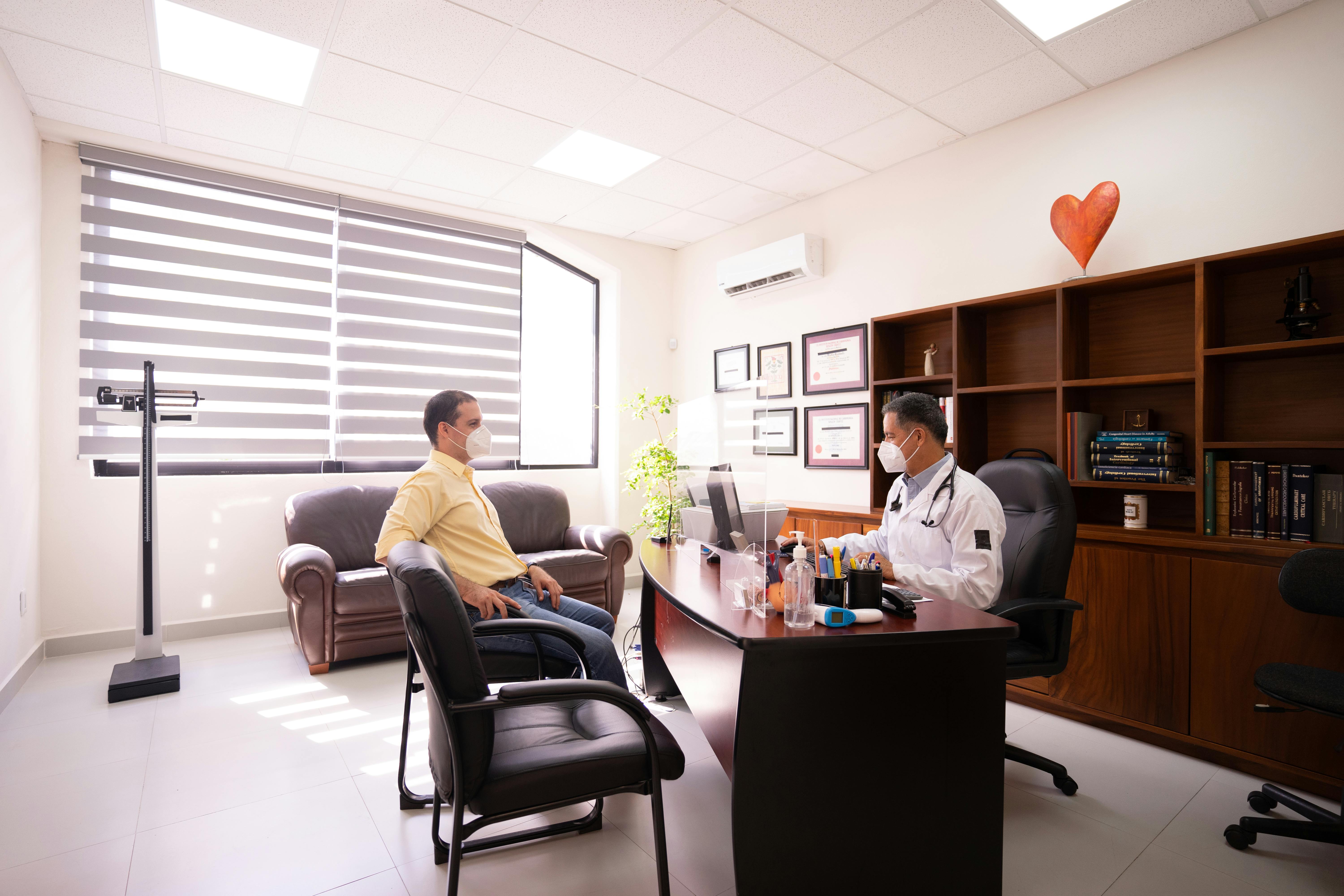
We all know that a trip to the doctor’s office isn’t always a walk in the park. Between waiting rooms, paperwork, and sometimes uncomfortable examinations, it’s easy to focus on our own anxieties and expectations. However, it’s crucial to remember that healthcare providers and their staff also face daily challenges, and some patient behaviors, often unintentional, can make their jobs significantly harder and even impact the quality of care for everyone.
Building a strong doctor-patient relationship is a two-way street, essential for ensuring the best possible health outcomes. Dr. Zachary Bittinger, a clinical assistant professor of family and community medicine at The Ohio State University Wexner Medical Center, emphasizes this, stating, “It’s so important to have a good doctor-patient relationship because the more your doctor knows you and your health, the better your care can be.” Just like any healthy relationship, clear boundaries and mutual understanding are fundamental. When these boundaries are overlooked, or certain habits emerge, it can unintentionally interfere with your own care and impede that vital relationship.
In the spirit of fostering better communication and more harmonious visits, we’ve compiled a list of common patient habits that, according to medical professionals and our shared experiences, can be quite annoying not just to doctors and nurses, but also to fellow patients. This isn’t about shaming anyone; it’s about providing practical insights to help you navigate your healthcare journey more effectively and respectfully. By understanding these pitfalls, we can all contribute to a smoother, more efficient, and ultimately healthier experience for everyone involved.

1. **Predetermining Your Diagnosis and Not Being Open to Expertise**It’s a common modern phenomenon: you feel a strange ache, a persistent cough, or an unusual symptom, and your first stop is often the internet. Doctors are well aware that patients today have access to a vast ocean of health information, and it’s perfectly natural to try and make sense of your symptoms before a visit. Dr. Bittinger acknowledges this reality, noting, “It’s important to acknowledge that health information is everywhere. Sifting through it independently is to be expected these days, and it’s unfair to expect patients to not do that.” This proactive approach can even be empowering, especially for those who have experienced medical gaslighting in the past.
However, there’s a critical difference between being informed and insisting on a self-diagnosis. Healthcare providers frequently encounter patients who arrive convinced they know exactly what’s wrong, often based on a quick Google or ChatGPT search. Dr. Michael Aziz, an internist at Northwell Lenox Hill Hospital, warns that this can lead to a wrong and potentially dangerous diagnosis. As he explains, a stiff neck might be dismissed as a muscle spasm, when it could actually be a severe case of meningitis, or flu-like symptoms might mask a strep throat. Doctors are trained to connect the dots, considering a sequence of information and conducting a full evaluation before settling on a diagnosis.
Dr. Andrea Manyon, chair of the department of family medicine at the University at Buffalo, highlights that doctors typically build a diagnosis on a structured sequence of information from the patient. This methodical approach allows them to form a “differential diagnosis” and determine the necessary tests. When a patient comes in already convinced of their ailment, it can create an “implicit bias,” as noted by Dr. David Cutler, a family medicine physician. This bias might cause both the patient and potentially the doctor to inadvertently give undue weight to information that confirms the preconceived belief, while overlooking details that might refute it.
Ultimately, while doing your research is encouraged, it’s paramount to approach your doctor with an open mind. Be ready to share your symptoms thoroughly and listen to their professional assessment. Your doctor’s expertise, combined with your observations, forms the most powerful diagnostic tool. By being open to their evaluation, you ensure that all possibilities are considered and that your care is not inadvertently steered off course by a web search.
2. **Putting Off Going to the Doctor**While some patients are eager to self-diagnose, an equally common and problematic habit is delaying or avoiding a doctor’s visit altogether, especially when symptoms are persistent. Dr. Aziz states, “Many people wait too long before being seen.” This procrastination, often fueled by fear, anxiety, or simply hoping the problem will resolve itself, can have serious consequences. Many conditions tend to worsen over time, making them harder to treat once they finally reach a medical professional.
Dr. Bittinger underscores the importance of seeking care for persistent issues, not just for treatment but also to alleviate unnecessary worry. He remarks, “I don’t want people staying up all night, worrying they might have cancer when it could be something else.” Early intervention can often lead to simpler treatments and better outcomes, while prolonged delays can complicate even minor ailments. The context also mentions that “Nothing is more annoying than when a patient foregoes essential medical care because they’re too scared or worried about personal judgment from the doctor.”
Doctors are there to help, not to judge. They understand that fear is a natural human emotion. Ignoring symptoms or delaying check-ups not only puts your health at risk but also makes the diagnostic and treatment process more complex when you eventually do seek help. It’s far better to address concerns promptly, even if they seem minor, allowing your doctor to provide timely and effective care and easing your own fears in the process.
Read more about: Beyond the Booth: Unpacking 13 Legendary Music Feuds That Rocked the Industry
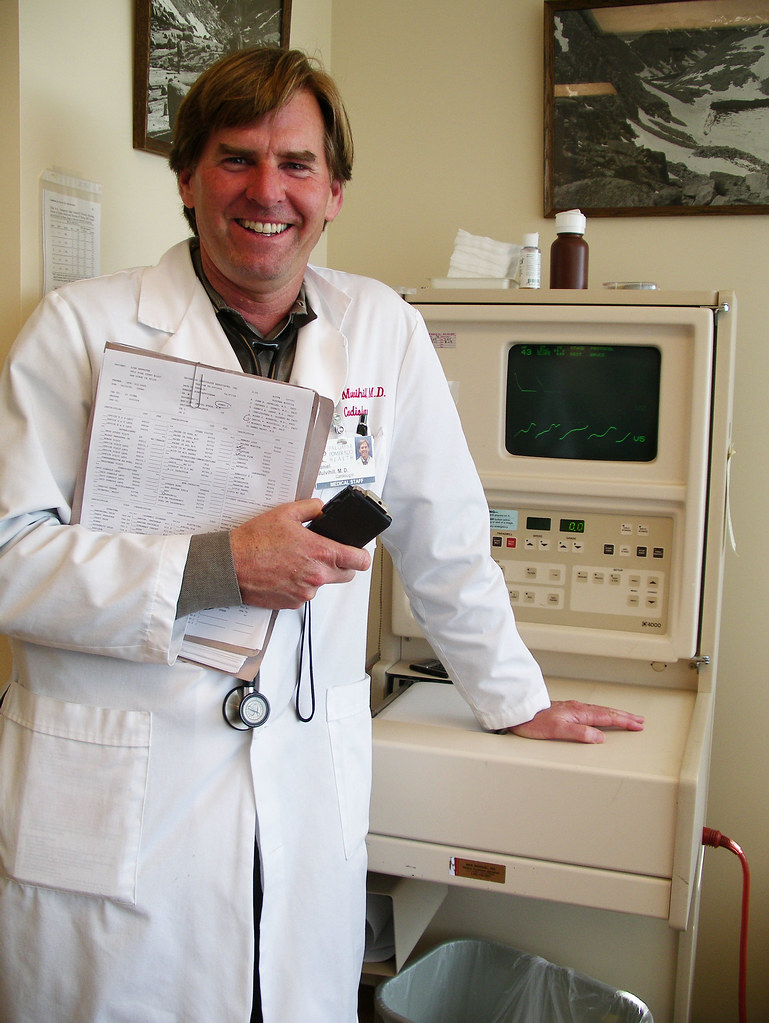
3. **Not Being Straightforward About Confounding Variables (Lying About Habits)**Honesty is always the best policy, especially when it comes to your health. Manyon points out that “not being straightforward about confounding variables” like cigarette use and alcohol consumption is a significant issue. While it might feel uncomfortable or embarrassing to disclose certain habits, this information is critical for your doctor to accurately diagnose your condition and formulate an effective treatment plan.
Lying about your lifestyle choices, medication use, or other relevant factors can severely impact your care. As the context emphasizes, “One of the biggest things that annoy doctors is when a patient lies to them.” They ask about relevant details because it directly impacts how they should treat you. For example, if you’re on certain drugs or have specific dietary habits, this knowledge allows your doctor to prescribe medications safely and provide appropriate advice. “If you lie, you could die,” the article starkly warns, highlighting the grave potential consequences.
Doctors aren’t there to scold you; their primary goal is to help you get well. They see countless patients with diverse habits and backgrounds daily, and your personal choices are often just another piece of the puzzle they need to solve. Being truthful from the outset ensures that your doctor has all the necessary information to provide the best possible care, avoiding potential adverse reactions or ineffective treatments. It builds trust and allows for a more comprehensive and safe approach to your health.
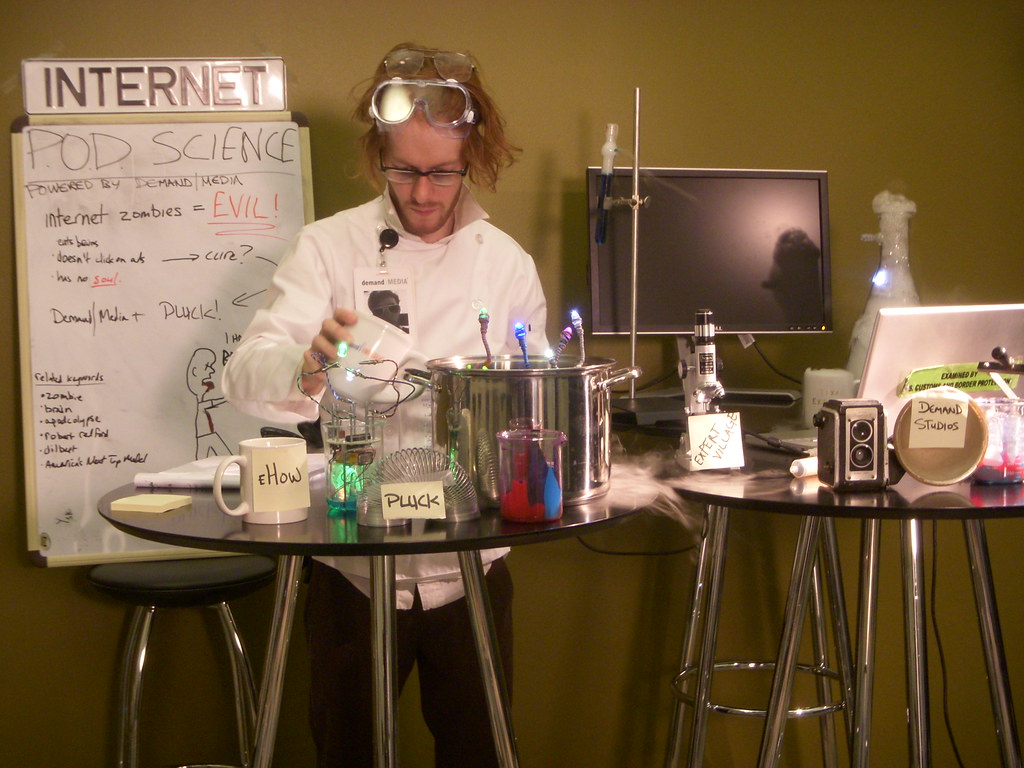
4. **Bringing Up Major Health Problems at the End of an Appointment**Picture this: your doctor is wrapping up your visit, hand on the doorknob, and then you casually drop a bomb like, “Oh, and by the way, I’ve been having terrible chest pains for weeks.” This scenario, often referred to as the “doorknob confession,” is incredibly frustrating for healthcare professionals. Dr. Janet O’Mahony, a primary care physician at Mercy Medical Center in Baltimore, highlights this, stating, “The best time to mention your most important one or two issues is right at the beginning.” She implores, “Do not tell me ‘What I really came for was…’ while I am on the way out of the door.”
Medical appointments are typically scheduled with a specific amount of time allotted for each patient. When a significant new issue is brought up at the very end, it disrupts the entire clinic schedule, causing delays for subsequent patients. More importantly, it prevents your doctor from dedicating the necessary time and attention to what could be a serious problem. A quick mention at the last minute often means the doctor cannot adequately assess, ask follow-up questions, or order immediate tests during that visit.
To ensure you receive comprehensive care, prioritize your concerns. List them out before your appointment and present the most crucial ones at the very beginning. This allows your doctor to allocate sufficient time, delve into the details, and make informed decisions. It respects their time, the time of other patients, and most importantly, ensures that your most pressing health issues are addressed thoroughly and effectively.
Read more about: Your Ultimate Checklist: 15 Essential Questions for a Smooth Family RV Trip Rental
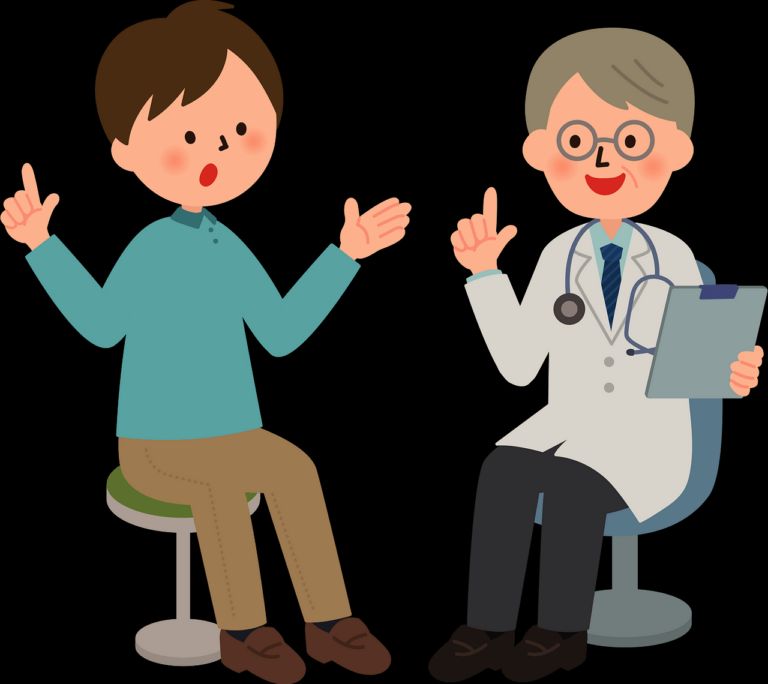
5. **Stopping Medication Without Consulting Your Physician**Receiving a new prescription or a change in your treatment plan comes with the expectation of adherence. However, a common patient habit that can be detrimental to health outcomes and frustrating for doctors is discontinuing medication or altering a treatment plan without first consulting the prescribing physician. Dr. O’Mahony emphasizes the importance of continuous communication, especially if a new medication doesn’t seem to be a good fit.
Patients sometimes decide on their own that a medicine isn’t working or is causing side effects and simply stop taking it. Dr. O’Mahony recounts instances where patients tell her they didn’t return for a follow-up because “the medicine they gave me did not work.” She stresses, “That might be really important information for the doctor to hear and likely why they scheduled a follow-up appointment.” Sometimes, medications need time to take effect, or dosages need adjustment, and only your doctor can make these informed decisions. Going off plan prematurely might sabotage your recovery before it even has a chance to begin.
If you experience side effects, feel the medication isn’t working, or have any concerns about your treatment, reach out to your doctor immediately. They can assess the situation, explain potential outcomes, or suggest alternatives. Stopping medication abruptly can sometimes worsen your condition, lead to withdrawal symptoms, or create complications. Maintaining open lines of communication ensures that your treatment plan is always optimized for your well-being and that you are not putting your health in jeopardy through unguided decisions.

6. **Complaining About Other Doctors**While it’s natural to sometimes have less-than-ideal experiences with healthcare providers, making a new doctor the recipient of a long list of grievances about past medical encounters is generally not a productive habit. As Dr. Allen Roberts, an emergency room doctor, succinctly puts it, “Your complaints about your prior doctor will not endear you to us. The more you say, the less we want to deal with you.” This isn’t to say your past experiences aren’t valid, but how and when you present them matters.
Bringing up past negative experiences excessively can create an uncomfortable and defensive atmosphere. While it’s important to share relevant medical history, including any previous treatments that didn’t work or adverse reactions, dwelling on personal animosity towards former practitioners can be perceived as an unwillingness to trust or a tendency to criticize. This can make your current doctor hesitant to engage deeply, as they might anticipate similar criticisms directed at them in the future.
Focus on your current health concerns and what you hope to achieve with your current doctor. If there are specific issues from previous care that are directly relevant to your current diagnosis or treatment, present them factually and concisely. For instance, explaining that you had an allergic reaction to a specific medication prescribed by a previous doctor is crucial information. However, lengthy narratives about personality clashes or perceived incompetence divert from the primary goal: your present and future health. By keeping the focus on objective medical facts, you foster a more positive and effective working relationship with your new healthcare team.
Read more about: Unlocking the Power of Preparedness: 14 Simple Secrets to Mastering PR Crises Like Top Public Relations Teams

7. **Yelling at Staff**Healthcare environments, especially emergency rooms or busy clinics, can be incredibly stressful places, both for patients and for the staff working tirelessly to provide care. Unfortunately, frustration sometimes boils over, leading patients or their families to yell at nurses, receptionists, or other medical professionals. This behavior is not only disrespectful but also counterproductive, creating a tense atmosphere that hinders efficient care.
The context provides an example from a pharmacist at the National Institutes of Health, Daniel Zlott, who highlights the futility of yelling: “If I can’t reach your doctor and/or insurance company to approve a refill, there’s nothing I can do about it. It’s frustrating, but I’d be breaking the law in some states if I gave it to you.” This illustrates that many administrative issues are beyond the immediate control of the frontline staff. Yelling at them doesn’t speed up processes or change regulations; it only adds to their stress and makes them less able to help.
Medical staff are professionals dedicated to assisting you. They are often navigating complex systems, under pressure, and dealing with numerous patients simultaneously. Approaching them with aggression or hostility creates an immediate barrier. While it’s entirely understandable to feel anxious or frustrated during a medical visit, expressing these feelings calmly and respectfully will always yield better results. A calm demeanor allows staff to better understand your concerns, empathize with your situation, and find the most effective solutions within their capabilities, fostering a more positive and cooperative environment for everyone involved.
Navigating the complexities of healthcare requires a partnership, and just as patients have expectations, healthcare providers also encounter situations that can make their demanding jobs even more challenging. Beyond the issues discussed, certain patient behaviors can disrupt the delicate balance of a clinic, infringe upon professional boundaries, or unintentionally compromise the very quality of care everyone strives for. Understanding these additional common pitfalls can further empower us all to be the best possible patients, ensuring smoother visits and more effective health outcomes.
Let’s delve into more habits that, while often unintentional, can significantly impact the healthcare environment for everyone involved. By shining a light on these, we aim to encourage a deeper sense of awareness and mutual respect, paving the way for a truly collaborative approach to well-being.
Read more about: Hollywood’s Hidden Demands: 15 Celebrities Exposed for How They Treat Their Household Staff

8. **Not Following the Treatment Plan**It’s easy to feel overwhelmed after a doctor’s visit, especially when presented with a new diagnosis or a detailed treatment regimen. Doctors, however, invest considerable time and expertise in formulating these plans, tailored specifically to your needs and condition. When patients then choose to disregard this advice without consultation, it can be incredibly frustrating for the healthcare team.
Why even go in the first place if you’re not prepared to engage with the prescribed course of action? The context mentions that doctors care about their patients and “spend a lot of time formulating your treatment plan. So, listening to the treatment plan and then ignoring advice is pretty rude.” This isn’t just about rudeness; it’s about undermining the foundation of your own recovery and potentially worsening your health.
Sometimes, medications or therapies require time to demonstrate their full effect, and discontinuing them prematurely can sabotage any potential progress. The article highlights, “Sometimes medications can take a while to start having an effect, so if you go off plan, you may be sabotaging your recovery before it has a chance to actually begin.” This isn’t just annoying for the doctor, but ultimately, it puts your own health in jeopardy. If you have concerns about your treatment, the best approach is always to communicate them directly with your doctor, allowing them to adjust or explain the plan.
Read more about: Beyond the Graceland Gates: 14 Defining Chapters in the Extraordinary Life of Elvis Presley

9. **Harassing Doctors Outside the Office**Doctors, nurses, and other healthcare professionals dedicate their working hours to caring for us, but it’s vital to remember that they have personal lives too. Encountering your doctor at the grocery store, a school event, or even the gym is not an invitation to initiate an impromptu medical consultation. This blurred boundary can be incredibly uncomfortable and inappropriate.
A pediatrician from the context shared a common frustration: “Don’t ask me medical questions about your child when you see me at the grocery store, pool, or library. When I’m out with my kids, I just want to be a mom.” This sentiment echoes across the medical community. While the intent might be innocent, it’s a direct intrusion on their private time and personal space.
Respecting a healthcare professional’s off-duty hours is crucial for their well-being and maintaining a healthy work-life balance. Just as we wouldn’t expect a teacher to grade papers at a family barbecue, doctors deserve the same consideration. For any medical concerns that arise outside of office hours, use the designated emergency contacts or schedule a proper appointment. This ensures you receive the focused attention you need without crossing a personal boundary.
Read more about: Beyond the Headlines: Angelina Jolie’s Unyielding Journey Through Hollywood, Humanitarianism, and Personal Trials
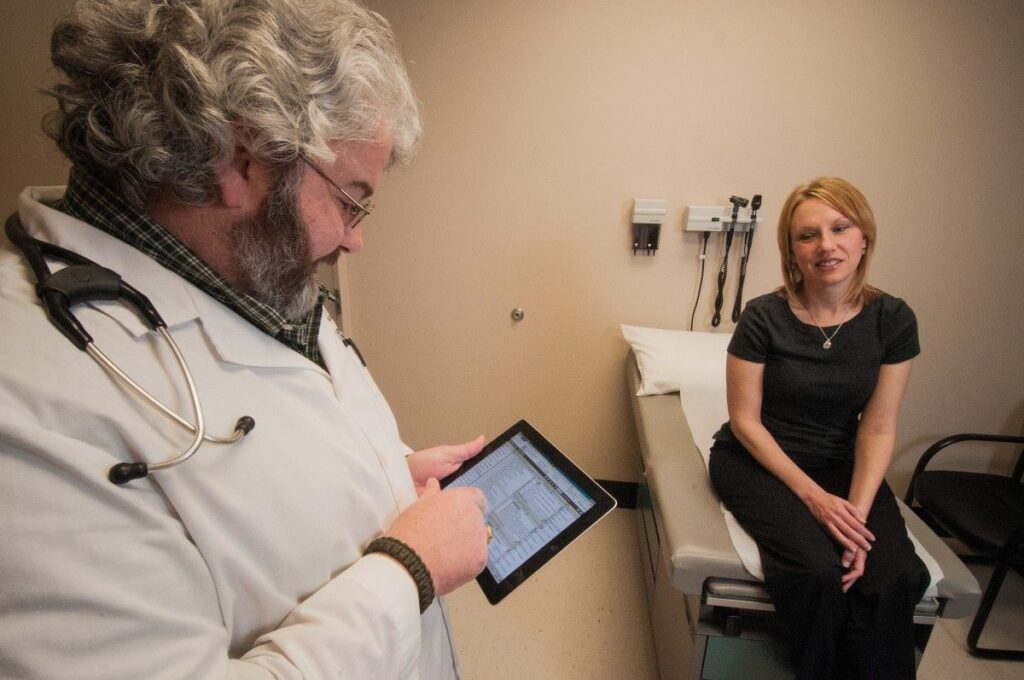
10. **Rambling and Asking Too Many Unfocused Questions**Time is a precious commodity in any doctor’s office. Appointments are meticulously scheduled, often with a specific duration to address your primary concerns. While it’s good to be thorough, excessively rambling about irrelevant details or presenting an endless list of unfocused questions can quickly consume valuable time, causing delays for other patients and preventing your doctor from addressing your most critical needs.
The article clearly states, “Doctors don’t have a lot of time, so chatting about things that aren’t relevant to your problem isn’t cool. A little chatting, sure, but 15 minutes of stuff that isn’t relevant? Nah.” This becomes even more critical in emergency room settings, where every second counts and idle chit-chat can divert attention from truly urgent cases.
To make the most of your appointment, arrive prepared. Prioritize your symptoms and questions, perhaps even jotting them down beforehand. As a general surgeon in the context suggests, if you have “three pages full of questions, show them to the nurse. Say ‘How many of these should I wait to ask the doctor about? How many can you help me with?’” This collaborative approach allows the medical team to streamline the visit, ensuring your most important issues are addressed effectively and efficiently.
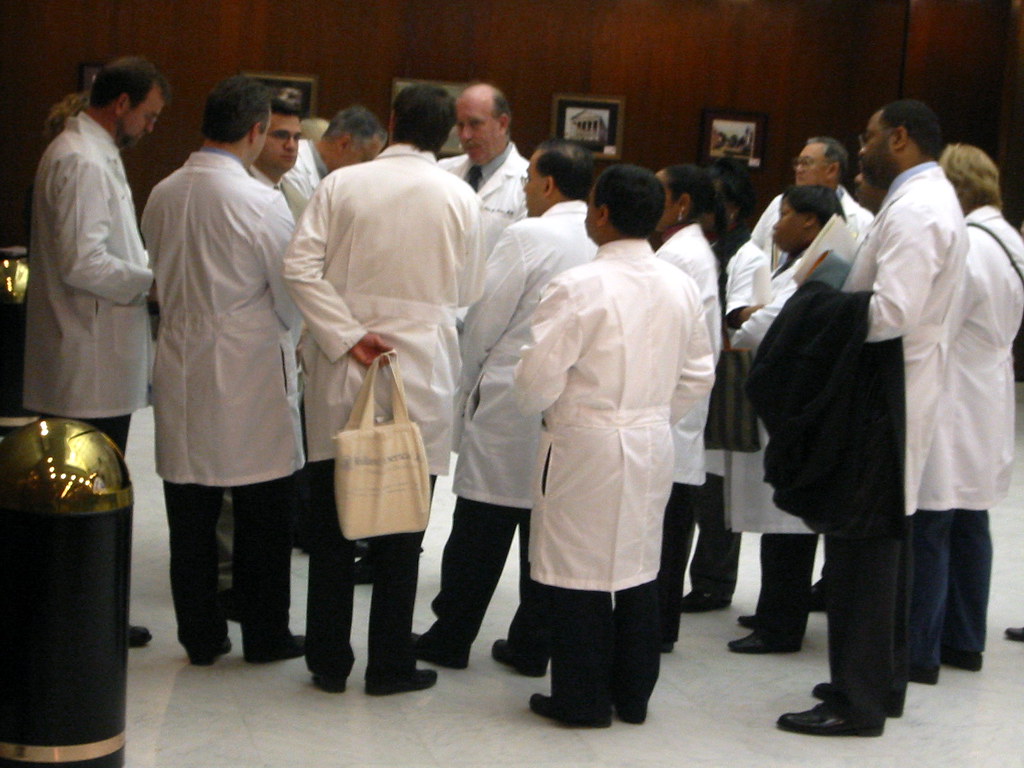
11. **Condescending to Nurses and Support Staff**A patient’s interaction with a healthcare team extends far beyond just the doctor. Nurses, medical assistants, receptionists, and other support staff are the backbone of any medical practice, working tirelessly to ensure smooth operations and patient comfort. Unfortunately, some patients treat these vital team members with less respect than they do the physician, sometimes even resorting to condescending remarks.
The context provides a powerful anecdote from a longtime nurse in Texas: “The No. 1 thing you should never say to me: ‘You’re too smart to be a nurse.’ I went to nursing school because I wanted to be a nurse, not because I wanted to be a doctor and didn’t make it.” This highlights a common misconception and a deeply disrespectful attitude that undervalues their specialized skills and dedication. Nurses are highly trained professionals who perform critical roles in patient care, often spending more direct time with patients than doctors do.
Treating all members of your healthcare team with courtesy and respect is not just good manners; it fosters a positive environment that ultimately benefits your care. These professionals are your advocates and allies, managing appointments, coordinating treatments, and providing essential support. Acknowledging their expertise and hard work ensures that you receive the best possible service from every individual dedicated to your well-being.

12. **Exaggerating Symptoms**When you’re in pain, it’s natural to want your discomfort to be taken seriously and addressed promptly. However, exaggerating your symptoms, especially your pain level, can actually hinder your doctor’s ability to accurately diagnose and treat you. Healthcare professionals rely on honest, precise information to make informed decisions.
A nurse in New York City candidly remarked, “If you’re happily texting and laughing with your friends until the second you spot me walking into your room, I’m not going to believe that your pain is a ten out of ten.” While pain is subjective, and everyone experiences it differently, a significant discrepancy between reported pain and observable behavior raises red flags for medical staff. Claiming an extreme level of pain when your demeanor suggests otherwise can unfortunately lead to skepticism.
Being realistic and truthful about your symptoms, even if they seem minor, is crucial for effective care. Doctors and nurses are trained to assess objective signs alongside your subjective reports. Overexaggerating not only makes it “more difficult and time-consuming for the doctor to really figure out what’s wrong with you,” as noted in the context, but it can also divert attention and resources from genuinely severe conditions. Trusting your doctor with accurate information builds a stronger foundation for your treatment plan.
Read more about: Shaq’s Colossal Impact: How the Unstoppable Force Made NBA History (and Beyond) Look Small

13. **Arriving Late for Appointments**We all know life happens, and sometimes being late is unavoidable. However, consistently arriving late for scheduled doctor’s appointments is a habit that can have a ripple effect throughout the entire clinic day, frustrating staff and delaying care for other patients. Medical schedules are carefully coordinated, and one late arrival can throw the whole system off balance.
The context points out a common scenario: “When the first appointment is late, it just compounds throughout the day.” This means that your tardiness doesn’t just impact your own visit; it pushes back every subsequent appointment, leading to extended wait times for others who arrived punctually. For clinics striving for efficiency and patient satisfaction, this creates a significant challenge.
Respecting your appointment time demonstrates consideration for both the healthcare providers and your fellow patients. If you anticipate being late, it’s always best to call the clinic as soon as possible to inform them. This allows the staff to potentially adjust the schedule, offer you a new time, or advise on whether you should still come in. Being on time, or communicating when you can’t be, contributes to a smoother, more respectful experience for everyone.
Read more about: Your Ultimate Checklist: 15 Essential Questions for a Smooth Family RV Trip Rental

14. **Bringing Food to the Emergency Room**The Emergency Room (ER) is, by definition, a place for immediate, urgent care. When patients arrive with food in hand, or even worse, attempt to eat while waiting for treatment, it raises questions about the true nature of their emergency and can create practical difficulties for the staff. If there’s time for a stop for a meal, it might suggest the situation isn’t as critical as an ER visit implies.
The article humorously, yet pointedly, asks, “If you had time to stop for food, then is it really an emergency?” While discomfort is real, the ER environment is designed for swift, critical interventions. Furthermore, many medical procedures or tests require patients to be NPO (nothing by mouth) for several hours beforehand, to prevent complications like aspiration during sedation or surgery. Bringing food into the ER risks violating these crucial protocols, potentially delaying necessary care or making procedures unsafe.
Beyond the medical implications, an ER is often a place of high stress and suffering. Eating amidst such an atmosphere can be insensitive to others who may be in severe pain, awaiting difficult news, or who are themselves unable to eat due to their condition. Opting for a quick care clinic for non-emergencies and refraining from bringing food into the ER helps maintain a focused, sterile, and respectful environment for all.
Read more about: Beyond the Graceland Gates: 14 Defining Chapters in the Extraordinary Life of Elvis Presley

15. **Trying to Manipulate Doctors for Medications**The issue of prescription drug misuse and addiction is a serious public health concern, and healthcare providers are on the front lines, trained to identify and prevent it. Therefore, when patients attempt to manipulate doctors, often by feigning allergies or symptoms to obtain specific controlled substances, it’s not only obvious to medical professionals but also deeply concerning and counterproductive.
The context directly addresses this: “Some patients actually go into their doctor saying they’re allergic to most pain killers so that they can get opiates. It’s obvious to the doctor that those patients are just drug seekers, and they’ll get a treatment suggestion of Tylenol.” Doctors have access to patients’ medical histories and are adept at recognizing patterns of behavior that indicate drug-seeking, making such attempts largely unsuccessful and damaging to the doctor-patient trust.
Honesty with your doctor is paramount, especially regarding medications and pain management. If you are struggling with pain, or even addiction, an honest conversation with your doctor is the safest and most effective path to finding appropriate help and managing your health responsibly. Manipulating healthcare providers not only wastes valuable time and resources but can also prevent you from receiving the genuine care and support you truly need to address underlying issues.
### The Path to a Healthier Partnership
The doctor-patient relationship is truly a cornerstone of effective healthcare, built on trust, open communication, and mutual respect. While medical professionals are dedicated to your well-being, patients also play an active role in fostering an environment where optimal care can thrive. By understanding and adjusting these common, often unintentional, habits, we can transform potentially frustrating encounters into truly productive partnerships.
Remember, every interaction in a healthcare setting is an opportunity to strengthen this vital bond. Your candor, preparedness, and thoughtfulness not only streamline your own care but also contribute positively to the entire healthcare community. Let’s all strive to be the kind of patient who makes a doctor’s demanding job a little easier, ensuring that the focus always remains on health, healing, and harmonious care for everyone. It’s a collective journey towards better health, and every step we take together makes a world of difference.


:max_bytes(150000):strip_icc()/121124-Demi-Moore-d513212978814433aba0f8b92407a538.jpg)

